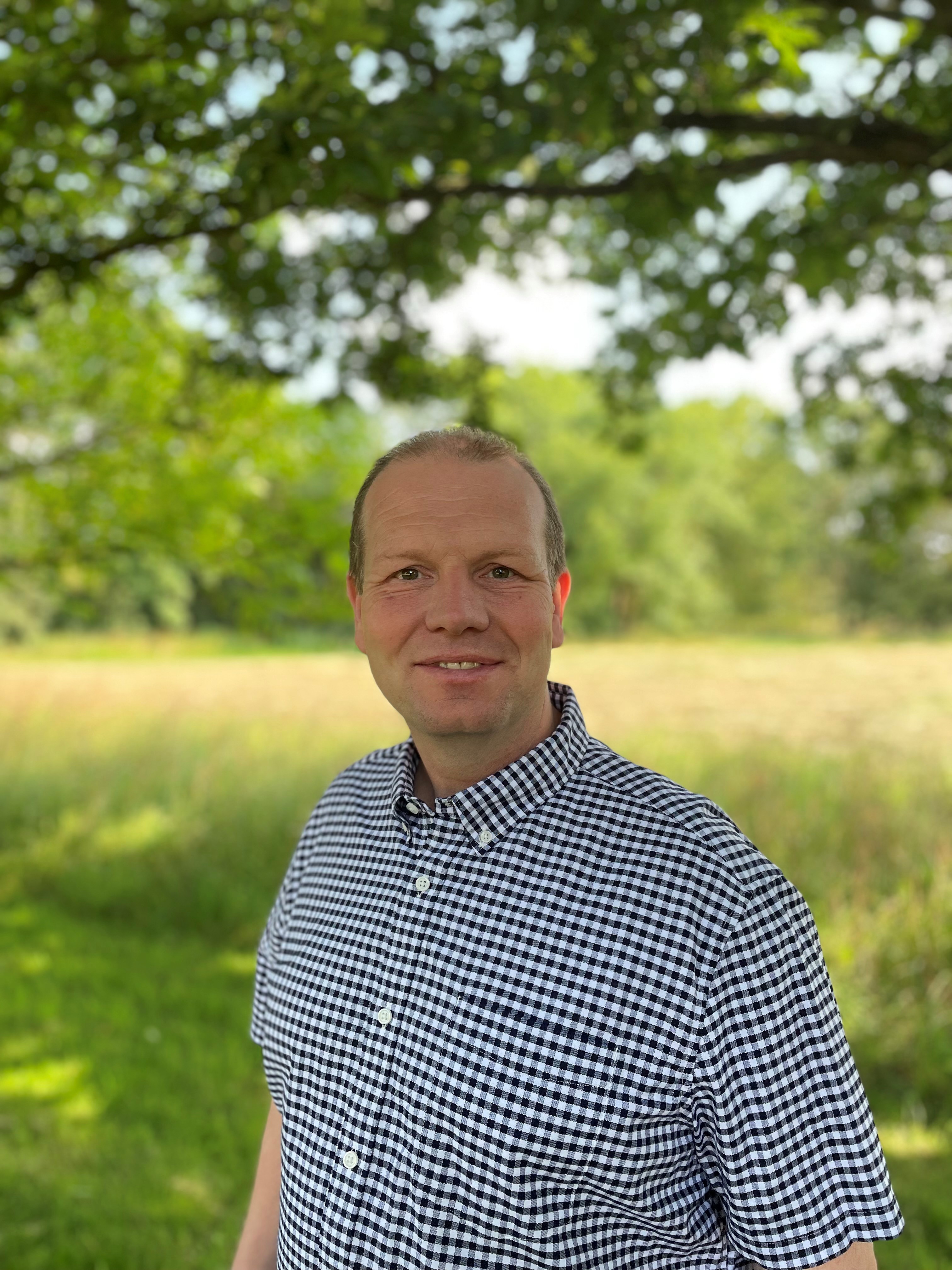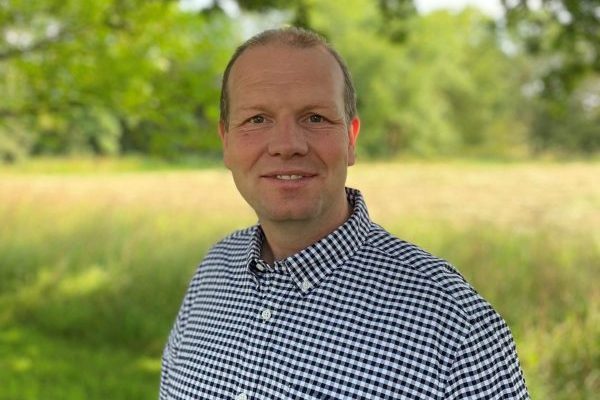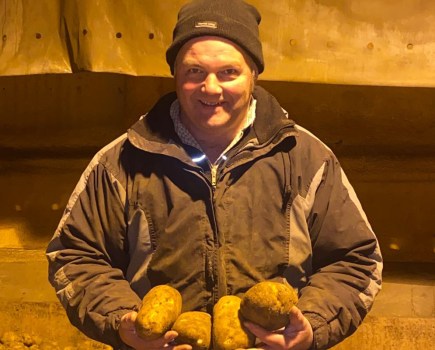 Who else is looking forward to attending some of the shows and events coming up this summer? After the past two years of disruption, I’m looking forward to leaving the farm and to meeting people in person again, where we can have proper discussions uninhibited by our computer screens.
Who else is looking forward to attending some of the shows and events coming up this summer? After the past two years of disruption, I’m looking forward to leaving the farm and to meeting people in person again, where we can have proper discussions uninhibited by our computer screens.
I’m particularly looking forward to attending this year’s Groundswell, which always offers an excellent line-up of great farmers talking about the great things they’re doing on their farms, including the not-so-good things they’re learning in adopting regenerative practices. There’s no hard sell of products to give you “quick solutions”, only genuine experiences shared – the practical insights into the different ways farmers are adapting their cropping and inputs. If you get the opportunity of going, I thoroughly recommend it.
For all of us, spending time in conversation with others is so important. We can’t farm in silo from one another when the backdrop of our work – costs, landscape and marketplace – are all interconnected. Farmers are in a unique position to work collaboratively in how we share our experiences to benefit one another.
I sit in several meetings with Defra and other organisations, where I regularly hear individuals discuss how to get to “the hard to reach” farmers. I believe government bodies and many other organisations can’t reach everybody, but we can connect a lot easier as farmers. There’s a multitude of changes happening that many of us will struggle with, and we must do what we can to support each other in understanding the changes that are coming and helping find the best solutions for our farms.
Farmer to farmer knowledge exchange is one of the best ways for farmers to share their ideas. All of this can – and should – be reinforced with industry trials that offer scientific, evidence-based research to back up what farmers are continually learning. More funding for farmer-led research is necessary as we continue building the movement toward nature-friendly and sustainable farming systems.
Given the unsettling times we find ourselves farming in, we’re seeing ever-increasing input costs for growing crops. The grain price has continued to climb, which is encouraging as an arable farmer but must be concerning if you’re a livestock farmer or a member of the public whose household is battling the rising cost of living. The months and years ahead will create many challenges that we will need to adjust to, while ensuring we produce what we can as profitably as possible—focusing on climate change and biodiversity recovery as farmers can play a big part in delivering solutions.
While many paid close attention to the Agriculture Act, I believe it will be the Environment Act that makes the most significant changes to how and what we farm through targets for biodiversity recovery and cleaner air and water, amongst others. Without these targets making nature’s recovery a shared goal, biodiversity decline and a changing climate will make food production even more challenging from a farm level.
Defra and the HSE have announced requirements for all users of professional PPPs to be registered by the 22 June 2022 in England, Scotland and Wales, which has given little time for farmers to be aware of the change and get themselves registered. It’s currently unclear if once this is registered on the government system, whether it will mean that we won’t need to be registered under other schemes.
With Defra expected to announce the new National Action Plan (NAP) very soon, this will set a new direction on pesticide use and regulation, with an increased focus not only on farmers but on anyone who uses pesticides. Many of the current pesticide products we have access to may get restricted or removed from the market in the years to come, making the case stronger for Integrated Pest Management on farms.
Soon farmers will need to show the government and the public that we use pesticides responsibly. Yet, in the past, we’ve seen many voluntary measures be unsuccessful in delivering the necessary changes and failing to engage farmers on how to work under IPM. In England next year, the Sustainable Farming Incentive should hopefully reward those using IPM.
As technology improves our ability to target smaller areas or individual plants, this will further change our use of pesticides and reduce broad-spectrum applications. Some of this is very exciting and will mean less risk and damage to the wider environment when using those products. But at what investment will farmers need to make to have access to this technology to have ability to apply it?
But through using nature-based IPM, our focus on naturally building soil fertility and a healthy environment will reduce the need for pesticides altogether. In the face of spiralling costs, it can only be good that IPM helps lessen our reliance on these products.
It’s often only by choosing not to apply a product that we can ask whether we needed it in the first place. Then once we see the benefits, we realise how much more we can learn from accidents and failings than by sticking to the accepted and common way of doing what we’ve always done before.
Martin Lines is an arable farmer and contractor in South Cambridgeshire with more than 500ha of arable land in his care. His special interest is in farm conservation management and demonstrating that farmers can profitably produce food in harmony with nature and the environment. He’s also chair of the Nature Friendly Farming Network UK. @LinesMartin
martin.lines@nffn.org.uk




